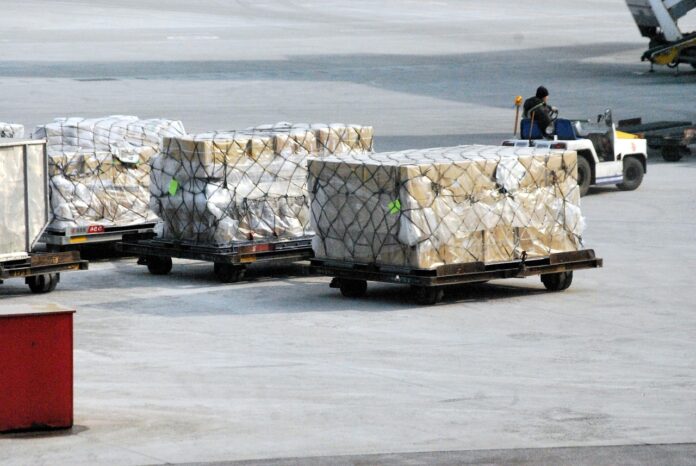Air freight shipping used to be a last-minute, emergency solution or a luxury service for the wealthy. Today, it is a core part of how human society facilitates and manages global trade to drive business efficiency. Many companies depend on it for speed, reliability, and consistency. This article discusses the tangible ways air freight shipping enables business operations.
The Strategic Value of Air Freight
Production lines depend on fast-moving supply chains, and air freight ensures materials and products arrive exactly when needed. The efficiency gained through this control far outweighs the higher cost compared to sea or land transport.
Data Visibility and Operational Control
The value in commerce today has shifted from currency and even time. To drive business efficiency, data is the new money, and visibility is key. In that respect, air freight shipping offers features that provide businesses with the data they need: detailed tracking information, live status updates, and other performance metrics. This data becomes information that allows managers to plan resources, monitor delivery accuracy, and make quick decisions on the fly. A shipment that might have once disappeared into the system can now be followed from departure to delivery. That transparency strengthens business operations and makes it easier to build trust with clients.
Reducing Administrative Burden
One of the lesser-known advantages of air freight is how it simplifies tedious aspects of operations, such as compliance and documentation. Freight providers handle customs, security, and import-export paperwork, freeing company teams to focus on core operations and tasks. This reduction in manual processing will drive business efficiency by lowering the risk of errors and shortens clearance times. In regulated industries, reliability is critical because it eases the logistics process, especially any hiccups at borders.
Adaptability and Risk Management
Flexibility is always a business advantage with air freight shipping. When production schedules change or suppliers face setbacks, air routes can easily provide an instant alternative. A company can reroute goods, charter another flight, or secure last-minute cargo space to meet a tight delivery window. It is often possible to find alternative airfields at the same destination. Air freight gives that freedom to act quickly. For many manufacturers and service providers, this agility protects revenue and reputation during supply disruptions.
Balancing Cost and Performance
It goes without saying that air transport comes at a premium. Taking into account the total value of the service, however, the cost disparity vanishes. Eliminating downtime on a factory floor or keeping retail shelves stocked has a far greater financial impact to drive business efficiency. Businesses that analyze their supply chain holistically often find that utilizing air freight shipments, even just for critical operations, reduces overall operational expenses by maintaining continuity.
Choosing a Reliable Partner
Air freight shipping is evolving fast, and companies that adapt early will meet both regulatory and customer expectations. Selecting the right logistics partner also determines success. Experienced providers help evaluate when air freight makes financial and operational sense. They offer route optimization, customs expertise, and technology that keeps data accurate. This partnership approach transforms air freight from a reactive measure into a planned, strategic tool to drive business efficiency.
Air freight shipping is more than a faster way to transit goods and services. When used correctly, it creates supply chain stability, supports decision-making with data, and helps companies maintain a competitive edge. Businesses that integrate it strategically gain something far more valuable than speed: reliability, flexibility, and control over their global system of operations.
Find a Home-Based Business to Start-Up >>> Hundreds of Business Listings.














































